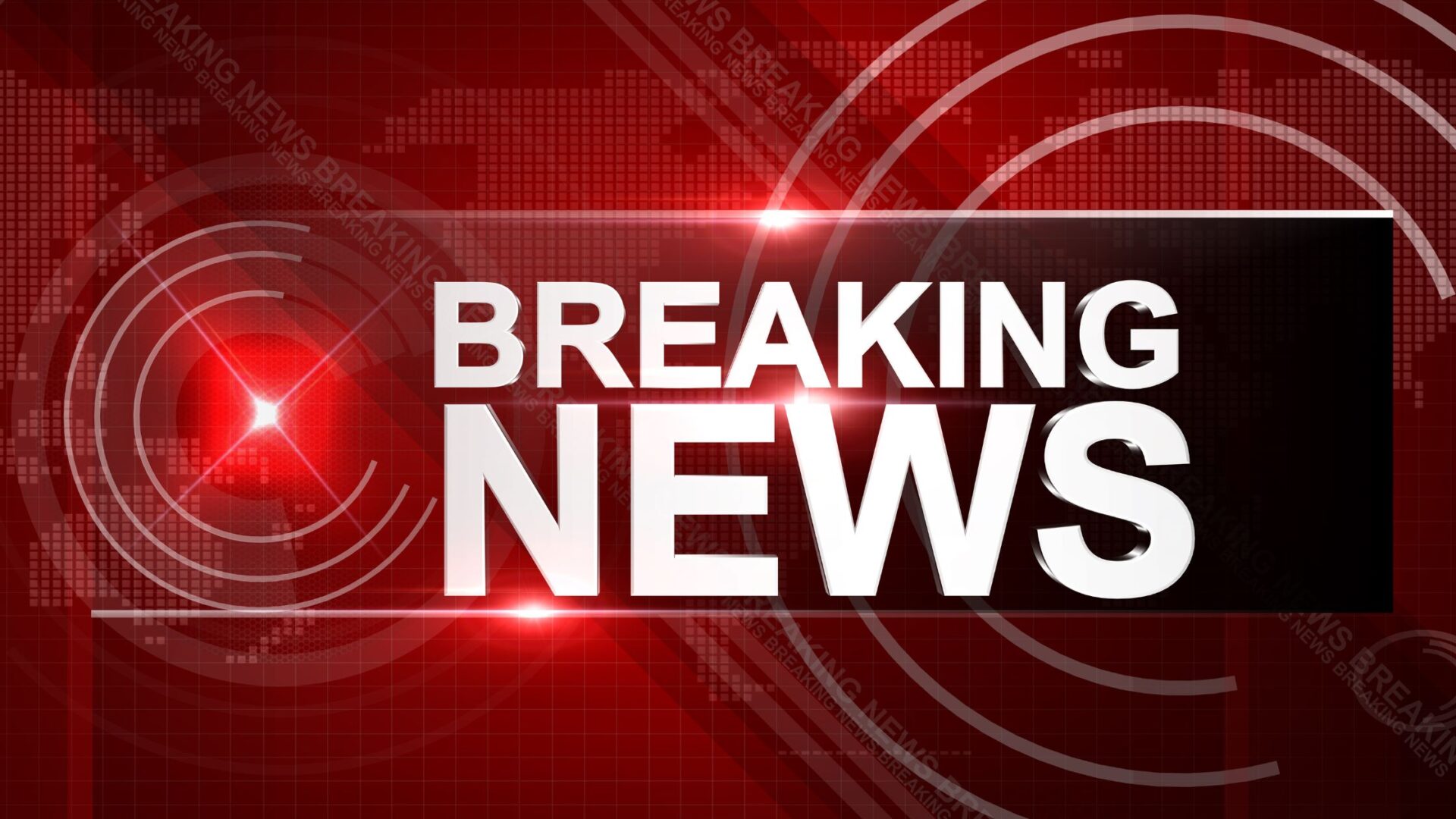Key Takeaways:
– The US Navy apologized for the late 1860s bombardment of the Kake village and the later attack on Angoon.
– The apology was aimed at the Lingít (Tlingit) communities severely affected by these attacks.
– The Navy recognized the acts as ‘wrongful’ and acknowledged the ‘multigenerational trauma’ inflicted on the communities.
– The second apology is due on October 26, marking the 142nd anniversary of the Angoon attack.
– The Pentagon is reviewing the distribution of 20 Medals of Honor awarded for the Wounded Knee massacre.
The Unveiling of a Long-Overdue Apology
In a milestone event signifying remorse for past actions, US Navy officials extended a heartfelt apology to the Alaska Native village of Kake for the devastating bombardment that the region suffered in the late 1860s. The apology was delivered in a ceremony held on Saturday, marking a significant stride toward healing and rectification, reported by The Guardian.
Joel Jackson, the president of the Organized Village of Kake, expressed the submerged historical significance of this gesture, stating, “This has been 155 years in the making. It’s becoming real because we never talked about it and now we are”. The repercussions of the Navy’s unwarranted attacks have echoed down the generations, leaving deep pugmarks of trauma on the communities residing in Kake and Angoon.
A Double Apology for Lingít Communities
The Navy’s first apology marks the beginning of a two-part acknowledgment, both targeting the Lingít (also known as Tlingit) communities. These communities witnessed the devastating navy bombardment in 1869 in Kake, and another assault in Angoon, 13 years later. The follow-up apology is scheduled for October 26, set to coincide with the 142nd anniversary of the navy’s attack on Angoon.
Navy spokesperson Julianne Leinenveber, recognizing the pain inflicted on the Tlingit communities, revealed that “the pain and suffering inflicted upon the Tlingit people warrants these long overdue apologies”. This public acknowledgment of the wrongful acts signals arising consciousness about addressing historical wrongs.
Pentagon Reviewing Wounded Knee Medals of Honor
It is notable that, according to a July report by The Washington Post, the Pentagon is undertaking a thorough examination of the distribution of 20 Medals of Honor to military personnel. These were awarded for actions during the infamous Wounded Knee massacre, an event that saw the US Army’s 7th Cavalry open fire on hundreds of Native Americans. This review follows the significant gesture of the Navy’s apology.
A Gesture Towards Healing
The ceremony encompassing the Navy’s apology served as a bedrock of solidarity, with tribal leaders and elders delivering remarks reflecting their sentiments. Tribal and navy chaplains offered blessings and tributes, highlighting the mutual respect and commitment to healing bridging the two entities.
The native Ḵéex’ Ḵwáan dancers and the navy band also staged unique performances, embellishing the ceremony with a mix of tradition and unity. This ceremony radiated the power of acknowledging historical wrongs, forming a monumental step towards healing and reparation.
Acknowledging the Navy’s historic blunders in Alaska in the 19th century is indeed a leap towards confrontation with the past, and progress towards rectification. It brings to light the importance of addressing past wrongs and acknowledging inflicted pain, as vital steps towards reconciliation and healing.
